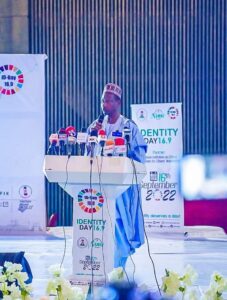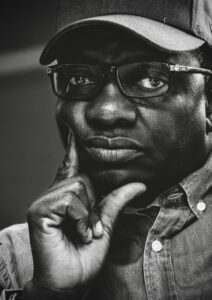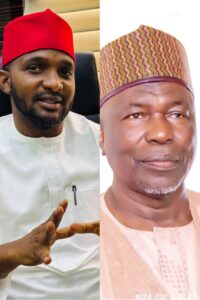
By Usman Abdullahi Koli
Nigeria became a British protectorate in the year 1901. The country was liberated from the shackles of colonialism in 1960, when a strong movement of patriotic Nigerians succeeded in gaining her independence. Nigeria first became a republic in 1963, but succumbed to military rule three years after a bloody coup d’état.
To provide concrete evidence to the assertions I shall take here in my piece a little tour into colonial era and make a comparison to the negativity and positivity Nigeria has witnessed in the course of its long journey.
The major negative impact on the economy of Nigeria was slavery. Hundreds of thousands of people were captured and sold as slaves in the new colonies of the world due to colonization; it was a painful experience for so many Nigerian families. Colonialism in Nigeria provided an industrial and agricultural boom to the country. It also helped Nigerians to solve their medical problems as Europeans were exposed to new diseases in Africa and therefore, had to find ways to treat them –and in the process, cured Africans’ sickness as well.
Now, considering the fact that Nigeria gained her independence 61 years back, the country takes lead in corruption perception index, high cost of governance, insecurity, unpatriotism, nepotism, hatred, ethno-religious crisis and acrimony.
Our Nation’s motto: Peace and Unity have eroded and perhaps failed like the Former President Olusegun Obasanjo and Prof. Wole Soyinka rightly noted. It seems “to uphold the peace and maintain the unity” of Nigeria and “the labour of our heroes past shall never be in vain” but, in practical reality that labour is swimming in vain because of how the country is tilting towards failure. Despite all the economic endowments in the land, it’s alarming that the country is yet to join the cadre of developed countries.
There is no doubt, my nation is blessed with very strong and dedicated leaders who have served the country with all sense of patriotism and left indelible legacy behind from 1960 to date.
Nigeria as the largest economy in Africa, has since independence helped other nations to grow up, by supporting them with all that is required, let’s take an example: Nigeria has negotiated and sold oil at concessionary prices to South Africa, Namibia, Ghana, Niger and other African countries. Ghana and Togo particularly owed Nigeria over thirty million dollars from a ninety day concessionary sales of crude oil.
Nigeria and Malaysia have been business allies. In 2015, the trade value between the two stood at $766.8 million with Malaysia’s main export to Nigeria comprising petroleum products, palm oils and palm based products.
Upon gaining independence, Nigeria has stressed its foreign relationship with other nations and continents and has become a member of the AU, African Development Bank, Commonwealth of Nations, International Atomic Energy Agency, G15 among other internationally recognized organisations.
My dear nation got independence the same year with countries like Cameroon, Togo, Somalia, Ivory Coast and Mauritania but these countries have gone far beyond expectations in terms of development, infrastructure, economic growth while leaving Nigeria behind.
Malaysia got its independence in 1957, three years before Nigeria and now Malaysia is where we send our children for study, for medical treatment. UAE got her independence in 1971, Eleven years after Nigeria. It has become the most beautiful Nation on earth with the tallest skyscrapers.
In as much as we want Nigeria to progress, to stand on our feet, to get ourselves out of countries with corruption, hunger, insecurity, insurgency list, we must be united and love each other.
To conclude with portion of the Nigeria’s anthem, “to be faithful loyal and honest, to serve Nigeria with all my strength to defend her unity and uphold her honor and glory” . This is a collective responsibility, therefore must be collectively ensured. Nigeria will surely be great again.
United we stand, divided we fall.
Happy independence day. Long live Nigeria
Koli, is a graduate of mass communication, Abubakar Tatari Ali Polytechnic Bauchi.
mernoukoli@gmail.com


